My father was born in the Cherokee foothills along the border between the Carolinas in 1929. His family were sharecroppers, which is a hard way to make a living in this world.
“What did you do when you were a kid?” I asked him once when I was seven or eight.
Walked behind a mule all day, he said, mostly.
He met Nell when he was six and she was two, a cotton jenny-mule his father bought at the trade lot in Forest City. She had long ears, small hooves, a doleful grey face. And a suspicious disposition.
Two years later my father was pulled out of the fifth grade to work on the farm fulltime, which meant as always, working with mules.
Gurley and Nell grew up together. When he graduated from farmwork to the textile mill he left the farm but brought the mule with him, along with all her tools: hames and harness, drag chains, one-row cultivators, walking plows, “fertilize” distributor, seeder, moldboard, and more. They worked together almost every day, making a garden, hauling logs, pulling the wagon we kept in the center of the barn like a prized car.
They were a sight, talking to each other like old sisters when they were plowing up and down the rows. People would pull off the road to take their picture.
We grew a lot of potatoes, enough to last us the whole year until the next crop. One of my father’s favorite moments was when it was time to dig up those potatoes. We would all gather in the field with wooden boxes while my father hitched Nell up to the biggest moldboard plow we had, with a curved metal blade that he cleaned carefully after each use and sharpened with a rasp. He would set the plow with Nell in the exact right place at the beginning of a 75-foot row of potatoes and yell “Dig in, now!” and the little mule would set in her hooves and pull with all her might, while the moldboard tossed potatoes two or three feet up in the air.
One of my best friends from high school, Tony Blackwell, told this exact story at my father’s funeral.
I was born in 1954, and Nell was already almost 20, but she lived on until I went to college, keeping an ample garden with my dad until the last couple of years. Even then I would see them sometimes leaning against each other down by the barn like old companions, heads close and shoulders touching.
Sometime during my second semester I got a phone call from my dad, which I knew meant something serious had happened. He said, “The mule died, son. I don’t know what to do. Come home.”

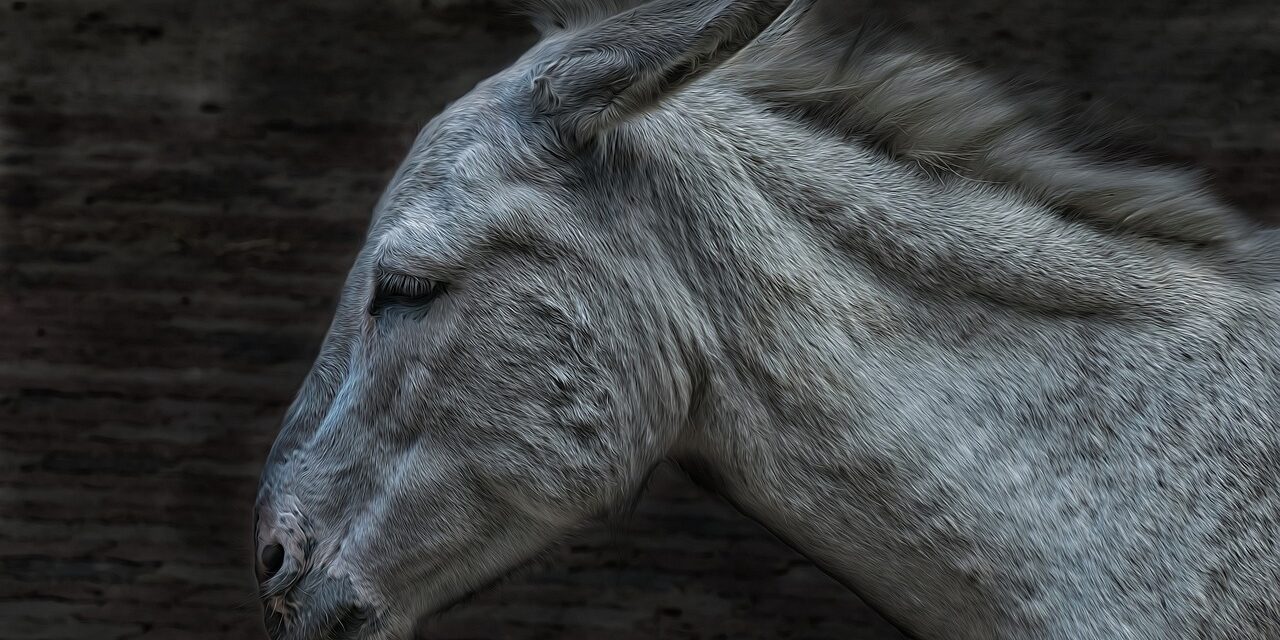
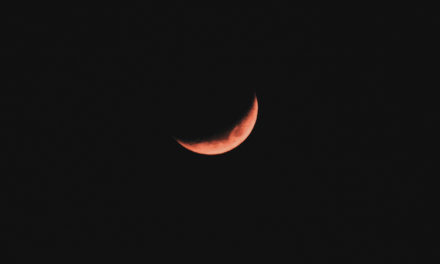
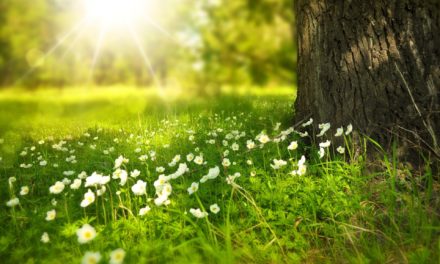
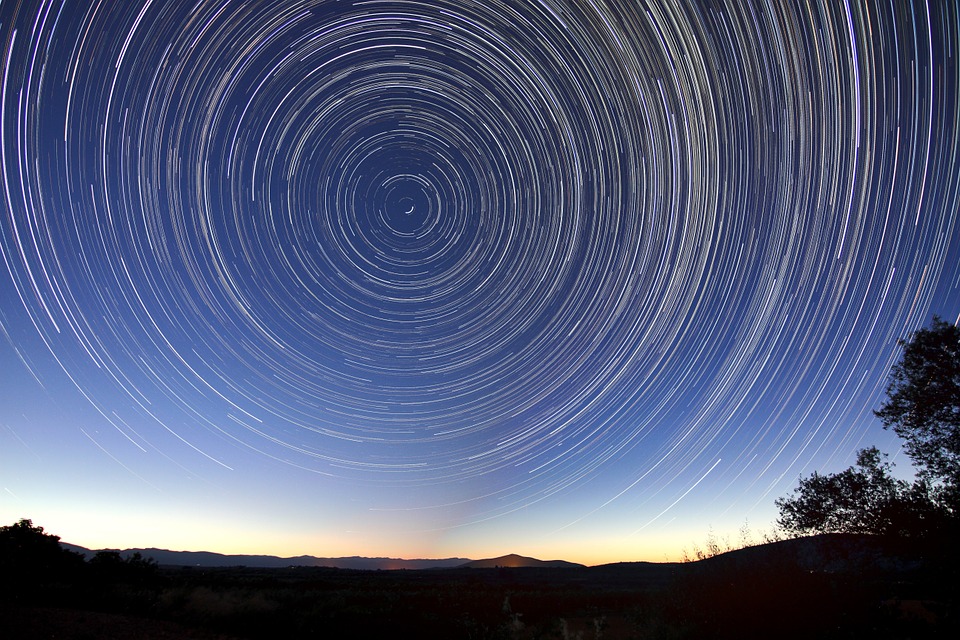
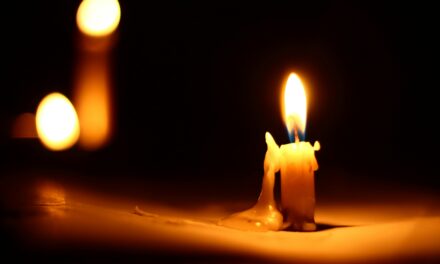

What a beautiful history! It really speaks to the bond we, as animals, can have with other species of animals. The ending is heartbreaking! And, I love that his father said he “walked behind a mule all day, mostly.” Lovely piece! Thank you!
What a wonderful tribute to Mr. Phillips and Nell. I grew up on a farm a few miles from Gary. I remember his dad as a hard working man always full of fun and energy.
Oh, Liza! I just go access to these remarks. Thank you so much, luv.
I think Braided Way would love some of your work,
I remember Nell. Gurley loved her and spoke of her often. Love for an animal speaks volumes about a person’s character. As if any were needed.
This is beautiful Gary.
Vivid, radiant, and full of the muscles that grow from grace. Love this story! Love this writer!
A touching tribute to Gurley and Nell. Thanks for sharing.